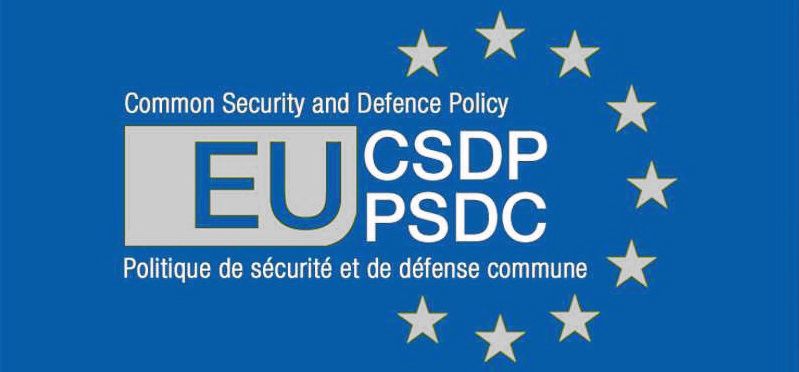
From Giovanni Faleg, Center for European Policy Studies (CEPS): For those who believed that the Common Security and Defence Policy (CSDP) was still in good shape after Libya and looked with hope at the new missions launched last summer in the Horn of Africa, South Sudan, and Niger, the unfortunate news is that the tide of events has twice washed over the CSDP in the last 12 months and barely left it standing. . . .
If Libya was a wake-up call to reinforce CSDP operations, Mali is a set-back. A crisis at some point had been expected in Mali, in Libya it was not, and planning for a military training mission (EUTM) had been undertaken since spring 2011. There was also broad consensus on and support for military action that backed French intervention, which again, was not the case in Libya. Most important, however, NATO’s role was not taken into consideration, as opposed to the almost immediate reliance on the Atlantic Alliance leading to ‘Operation Unified Protector’. The non-deployment of the Weimar Battlegroup is also a concern because it shows that ‘structured’ co-operation is futile if there is no political appetite for making capabilities available for action. How many more wake-up calls does the EU need to give sense to the raison-d’être of the CSDP? A military CSDP will not work without the will of member states to make it work. . . .
Whereas Libya essentially pointed to the need to revamp capacity-building through pooling and sharing, Mali is teaching Europeans an important lesson about the much favoured comprehensive approach. The lesson is straightforward: you cannot turn a comprehensive strategy (such as the one for the Sahel) into comprehensive action if you neglect or deny the use of military power. In the field of security, the integrated and holistic approach EU official documents constantly refer to has reached the point where established (though not perfect) civilian assets and operational capacity can neither be sustainable nor credible if not backed up by force projection, military expertise and truly deployable capabilities. Unlike ten years ago, acting comprehensively is not about boosting civilian capabilities, but rather reconsidering how an effective use of military means can help the EU assume its regional responsibilities. Furthermore, how can we expect the EU to act as enabler from behind, or encourage local ownership and responsibility in the planning and conduct of peace operations (c.f. the African Peace Facility) if the EU itself does not engage in hard security matters?
As its southern neighbourhood becomes more insecure and transformations in global security proceed at a swift pace, the EU must choose between being a responsible actor and living up to its rhetoric, or accepting the demise of its Common Security and Defence Policy. There may well be a third chance after Mali, but it should not be taken for granted that the CSDP will still be standing.
Giovanni Faleg is a Visiting Researcher at CEPS and Research Fellow at the Italian Institute of International Affairs (IAI). (graphic: EU)
Image: eu%201%2028%2013%20CSDP_EN.jpg
